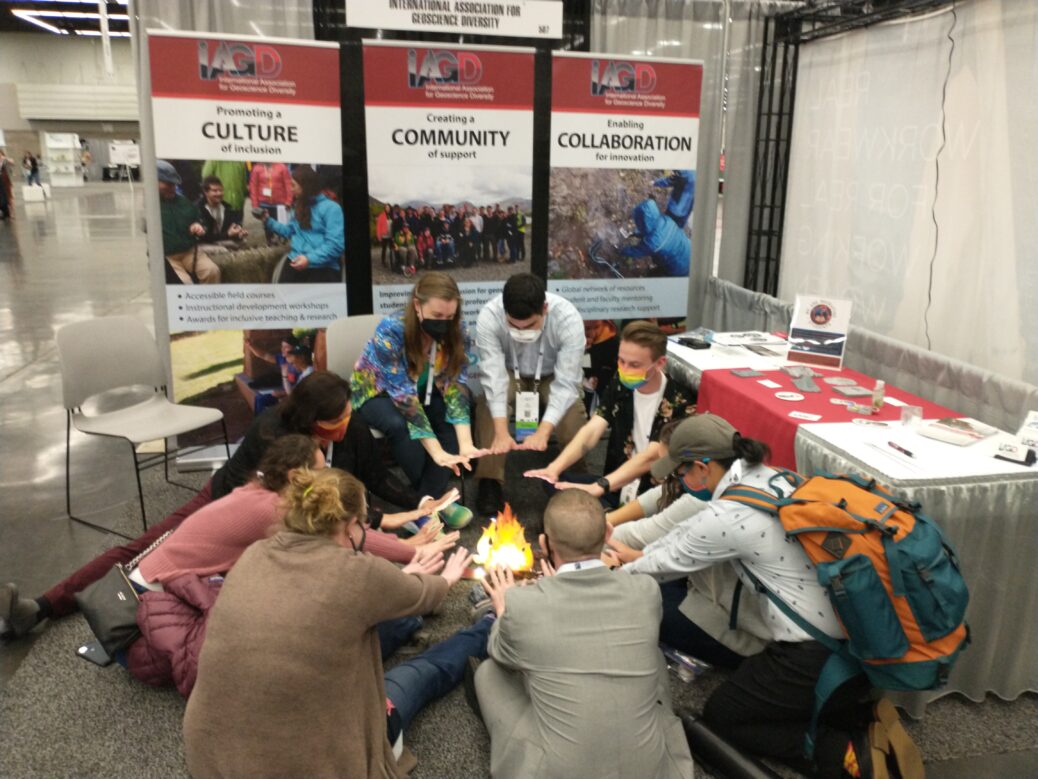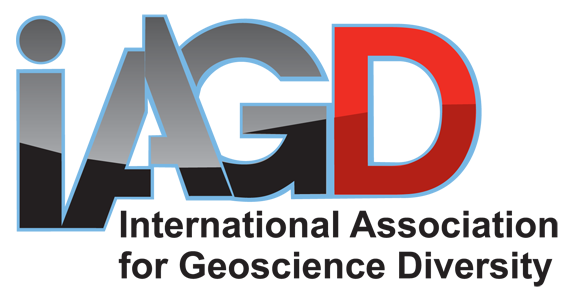About the Study Over the last decade, there has been an increase in research looking into the social and cultural issues affecting geoscientists. In particular, there has been a lot of discussion focused on identity (e.g., race/ethnicity, disability, and gender). Examples of these efforts can be seen through the...
New study on the intersection of disability and race/ethnicity in the geosciences seeks participants




